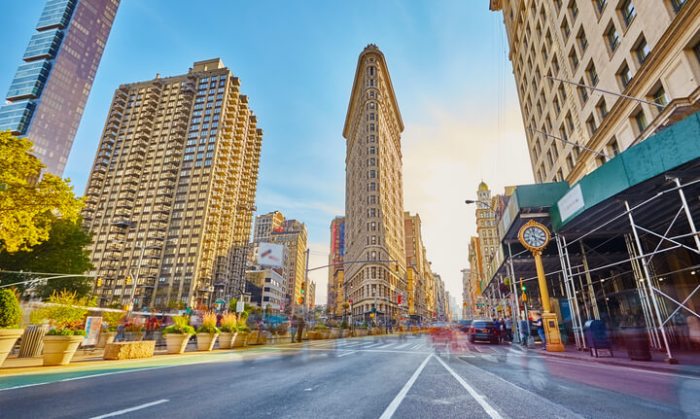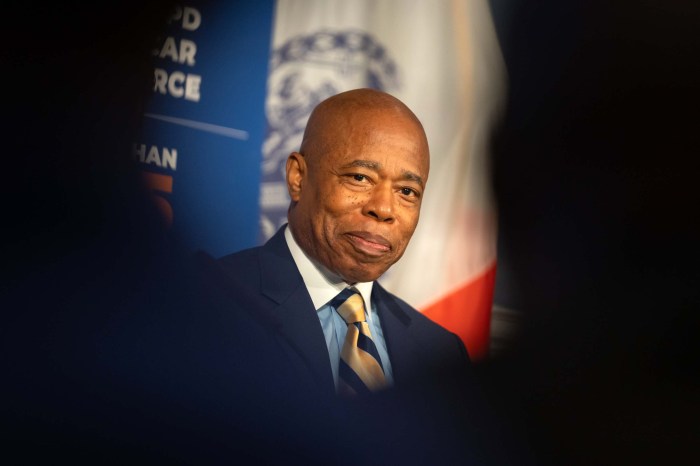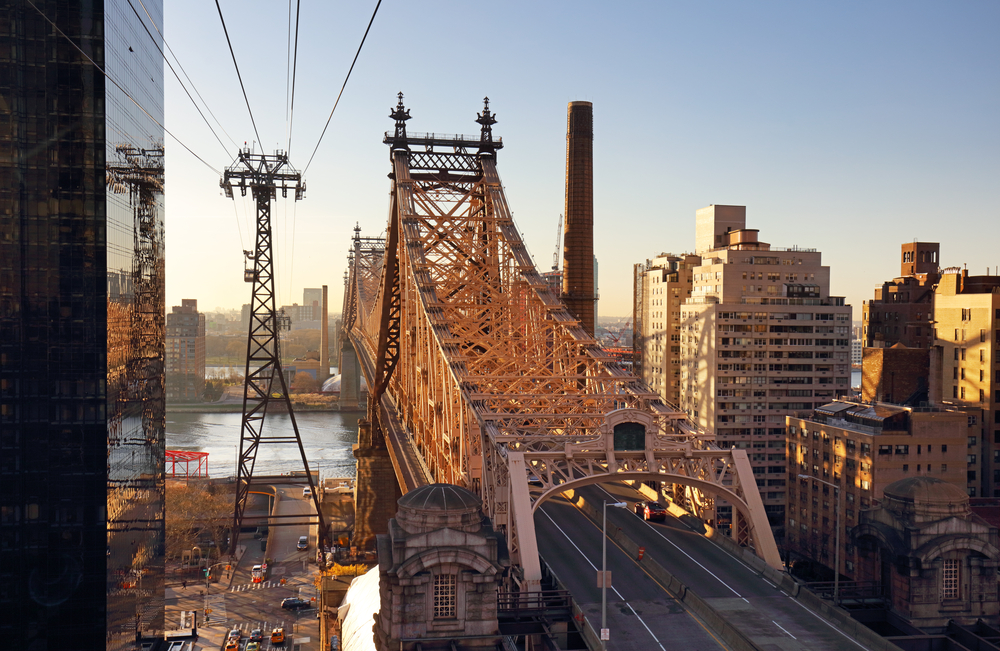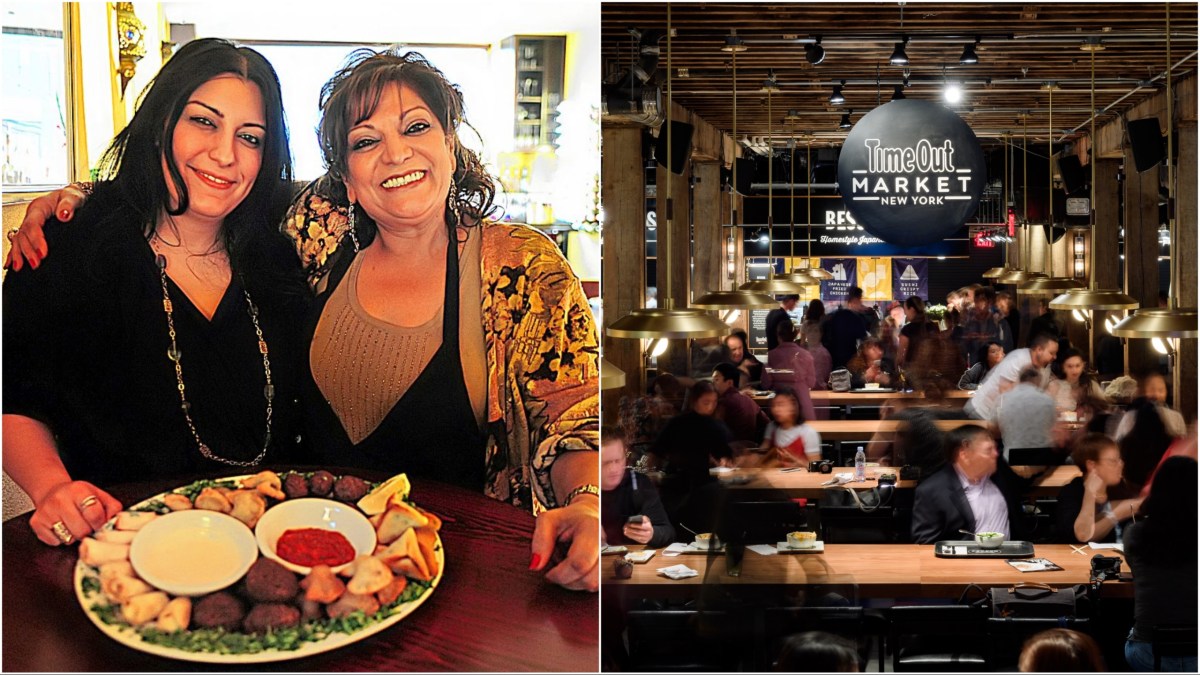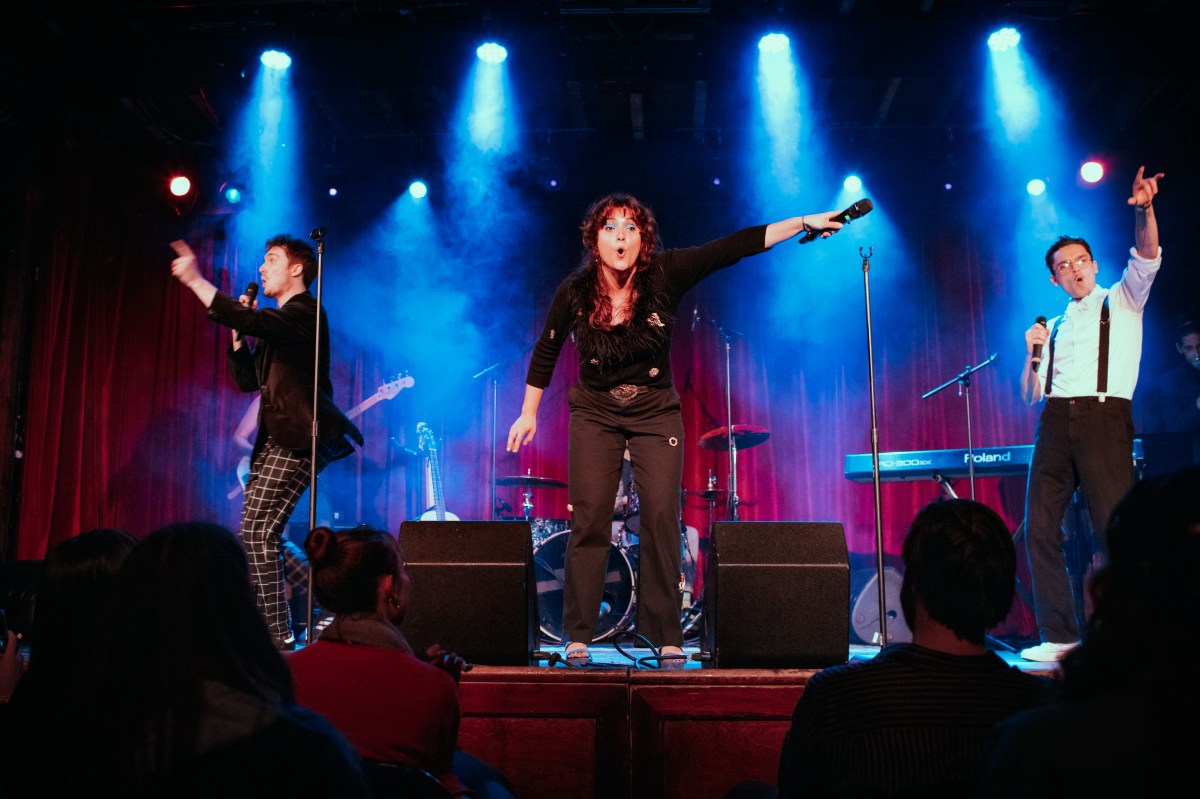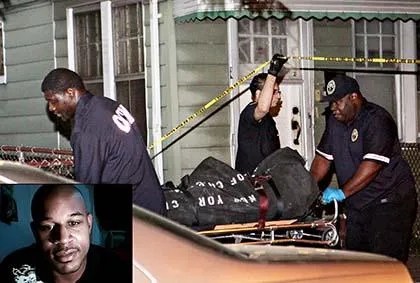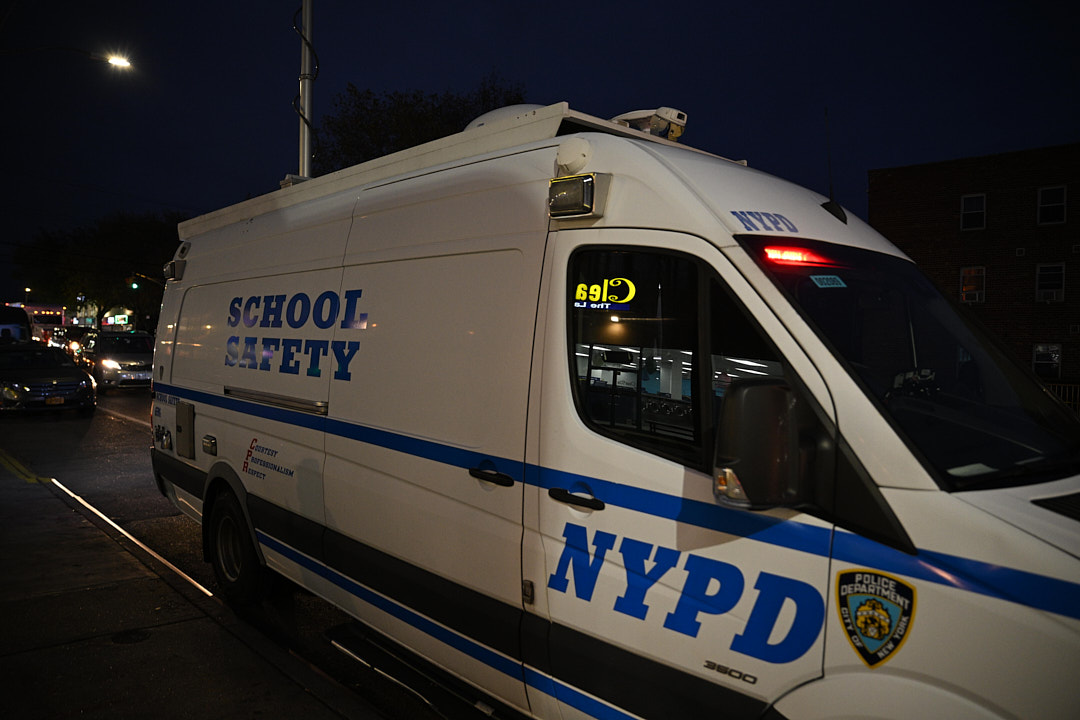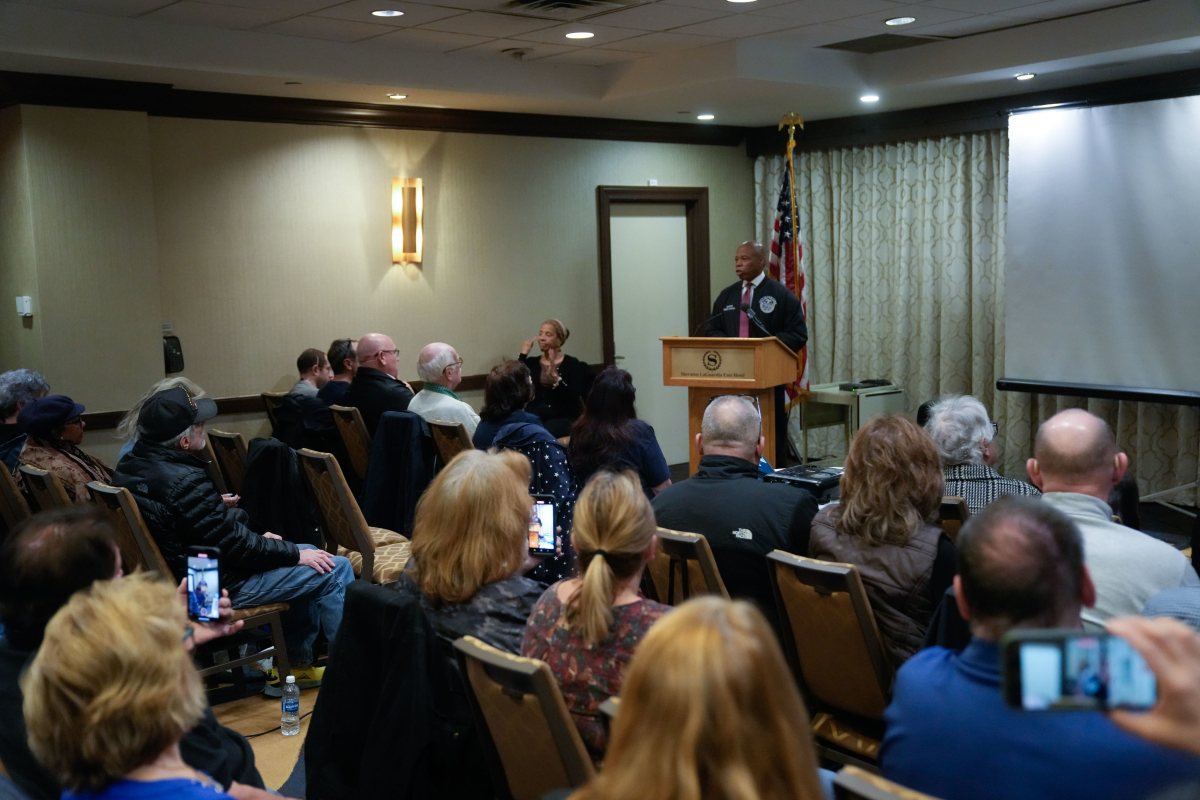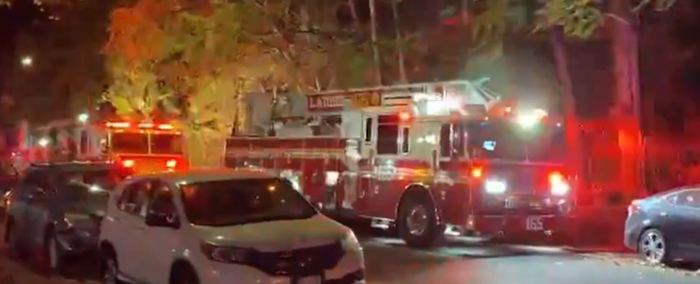On weekends in 2016, I set up a table outside Sean Casey Animal Rescue in Brooklyn. As volunteer dog walkers arrived, I asked whether they would like to sign my adoptee rights petition. They asked, “Oh, is this for pets?” I replied, “No, this one’s for people.”
That’s when things became interesting. I explained that they could collect more information about the pedigree of a dog they adopt than New York State allows me about my own biological lineage as a Westchester County adoptee born in 1971. Since the 1930s, New York has denied adult adoptees the same basic civil liberty that all non-adopted New Yorkers take for granted — unrestricted access to their original birth certificate.
When you can’t get your complete and accurate birth record, you don’t have equal opportunity to seek other information like personal heritage or full medical history. Beyond that, many adoptees like me feel a need to seek a wholeness of self, our more complete identities. But like any citizen, being properly informed can start with needing the birth certificate for our files. Adoptees deserve the choice. It’s equal citizenship. In nine states, unrestricted access has worked for years. Two of the nine, Kansas and Alaska, never blocked adult adoptees from their original birth certificates.
This year, a true bill of adoptee rights is on the move in Albany and could be headed for a State Senate floor vote. Our advocacy for the legislation is a result of a Department of Health work group last year. It is backed by many organizations, including adoption attorneys, and it has strong bipartisan support.
Officials in Albany are beginning to see that it’s a basic human right to know where you came from. So, we need to restore the basic civil liberty to access, without restrictions, the vital document that established us as citizens of New York and the United States. We call this “clean” adoption reform.
Seeking the truth is not a mere curiosity, as some judges have asserted when routinely denying adoptee court petitions for vital records. It’s a need which, for me, developed after a medical scare in the 1990s. During a visit to my doctor, he said, “Timothy, I need your medical history.” I said, “I don’t have it.” He insisted, “Well you need to get it.” I replied, “I was adopted.” Without skipping a beat, he said, “Oh, then don’t worry about it.”
New York doesn’t just have a policy of sealed adoption records. There is a culture of secrecy around them, even for adults.
The Westchester County Department of Social Services stalled by about six months the release of my now known-to-be flawed, non-identifying information. When I asked about the reason for the delay, I was told by the then-director of adoption and foster care, “Because I didn’t want to tell you anything that might have inspired you to search for your natural mother.”
After two years of search and thousands of dollars of expense, I did locate my birth mother. She explained that her age at the time of my birth, and the timing of a serious medical condition she endured, were inaccurately recorded in the documents I had received. Such errors are a regular occurrence.
Best practices make it clear that secrecy does not belong in adoption. Nor was any legal promise of anonymity from surrendered sons and daughters even possible. The law always has had a mechanism, though expensive and rarely successful, for courts to unseal birth records for “good cause.” Interestingly, New Yorkers in foster care who turn 18 without being adopted have a right to their original birth certificates. Equality demands no less for adopted citizens. The proper reform won’t break promises, and maintains any past choices for open or closed adoptions.
There are about 650,000 sealed adoptee birth certificates in New York State. Now it’s time to restore unrestricted access — for the people.
Tim Monti-Wohlpart is the national legislative chair of the American Adoption Congress and its New York State representative.
This is a guest column. Mark Chiusano will return in June.





